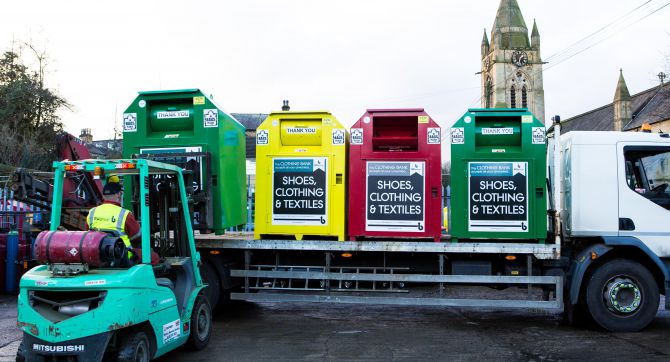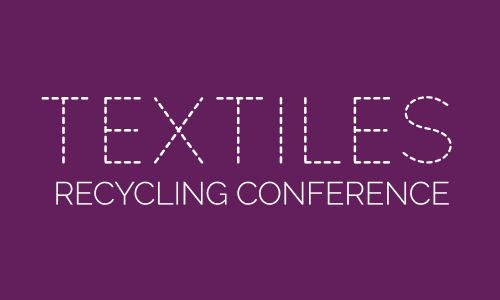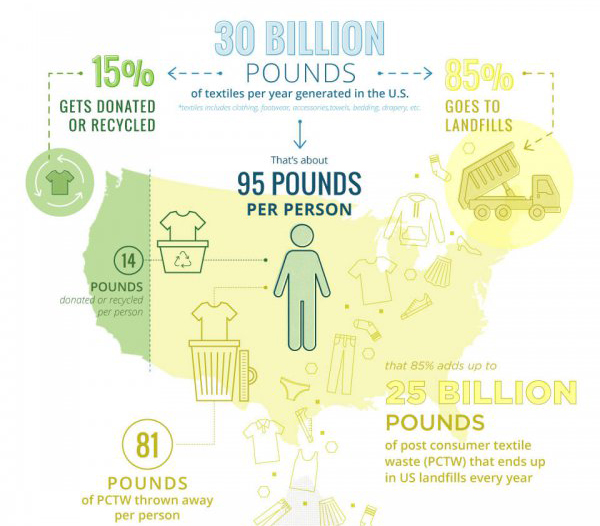- Have any questions?
- + 42 022 888 2914
- [email protected]
Success for Charitable Textile Reuse & Recycling Business Model
Textile recycling firm, European Textile Group S.R.O., has had its charitable business model included in the 2017 Parliamentary Review, which celebrates best industry practice.
The Parliamentary Review is sent to more than 500,000 policy makers and is seen as both a blueprint for success and a template for reform.
European Textile Group collects and recycles unwanted clothes, shoes and household textiles, then sells the items on to raise money for its partner charities, which include the Yorkshire Air Ambulance.
The Review, regarded as a blueprint for success, showcasing best practice to the private and public sector and sharing insight across both manufacturing and government, highlights the Halifax-based group’s innovative business model.
The document illustrates how European Textile Group forges long-term relationships with charities, waste management companies, supermarkets and local authorities, collecting then selling reusable garments to customers across the UK, Europe, the Middle East and Asia.
The company also manufactures and refurbishes its own anti-theft textile recycling banks, which are located at various sites including supermarket car parks, on council owned land and at commercial waste management sites.
Quality control takes place at collection and at depots, ensuring unsuitable donations are removed at source. Reusable and recyclable garments are sold to customers in the UK and overseas, with an agreed rate from the sale of every kilo paid to charity partners.
These include the Yorkshire Air Ambulance – ETG’s first charity partnership forged in 2005 –air ambulance schemes in Dorset, Thames Valley and South Central, a children’s hospice, a new cancer treatment centre and the Wigan Warriors Community Foundation. There is no cost to the charities as BIU provides all equipment and transport.
The company also provides services to local councils, waste management firms and other organisations needing a partner to collect used textiles at banks and recycling centres.
A rate per tonne is paid for stock collected, which helps fund public services while preventing used textiles going to landfill.
ETG said that it is currently working towards a zero-waste policy, with the aim of reducing the volume of textiles going to landfill and that its fleet of 50 vehicles will be replaced in the near future, to minimise emissions.




